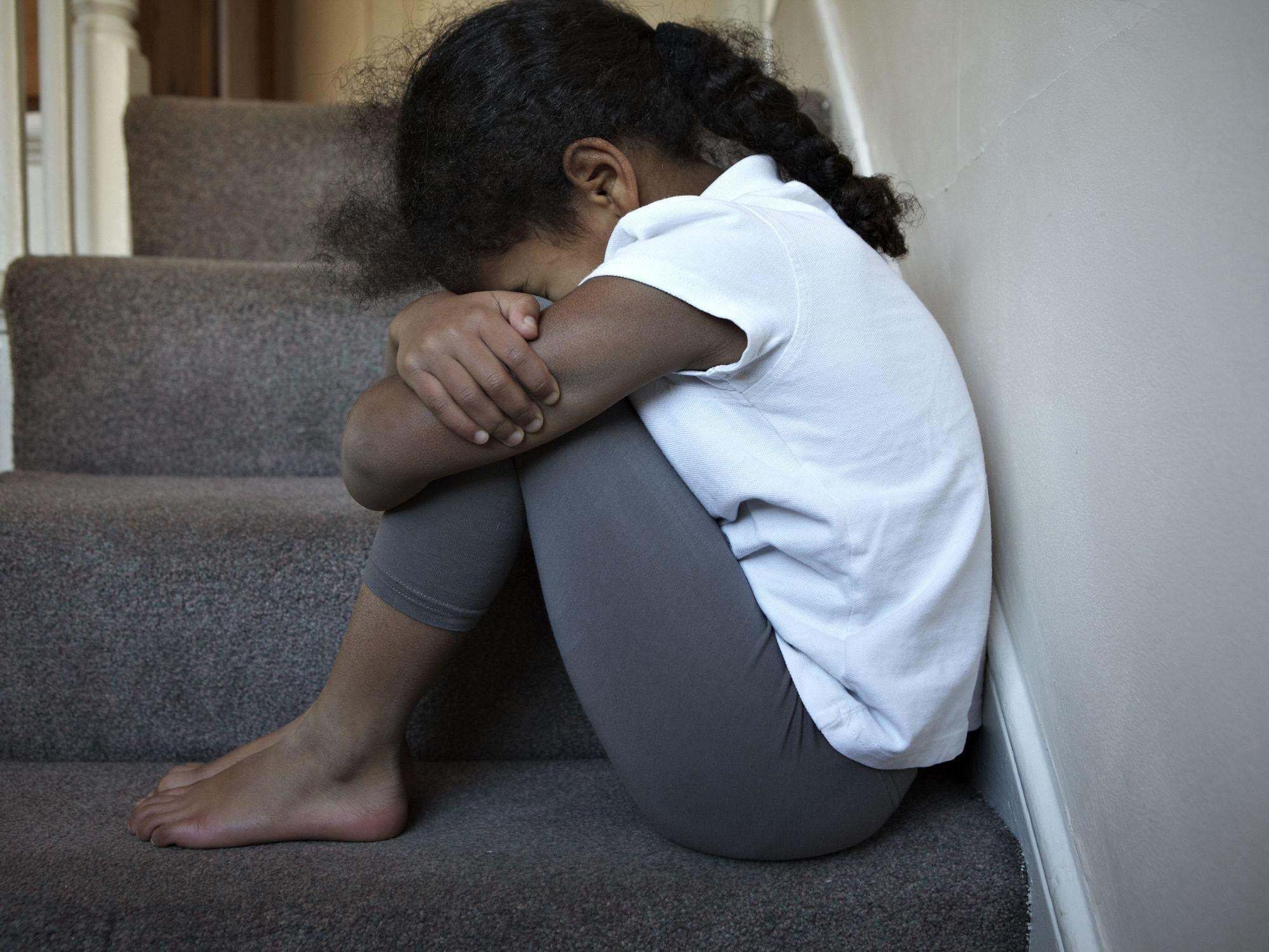Mentally ill children sent hundreds of miles for NHS treatment due to lack of beds
Out-of-area placements still being used despite pledge from NHS England

Your support helps us to tell the story
From reproductive rights to climate change to Big Tech, The Independent is on the ground when the story is developing. Whether it's investigating the financials of Elon Musk's pro-Trump PAC or producing our latest documentary, 'The A Word', which shines a light on the American women fighting for reproductive rights, we know how important it is to parse out the facts from the messaging.
At such a critical moment in US history, we need reporters on the ground. Your donation allows us to keep sending journalists to speak to both sides of the story.
The Independent is trusted by Americans across the entire political spectrum. And unlike many other quality news outlets, we choose not to lock Americans out of our reporting and analysis with paywalls. We believe quality journalism should be available to everyone, paid for by those who can afford it.
Your support makes all the difference.Mentally ill children are being forced to travel hundreds of miles for NHS treatment, with one child sent 339 miles from their home, an investigation has found.
Data obtained under the Freedom of Information Act shows that a lack of inpatient beds close to youngsters’ homes means they must be treated in units away from family and friends in other parts of the country.
The Royal College of Psychiatrists and the charity Young Minds said this can slow down recovery and be frightening for children, some of whom are at risk of self-harm or suicide.
In 2017, NHS England pledged to end out-of-area placements and announced it was creating 150 to 180 new beds for children.
But data obtained from the organisation shows hundreds of youngsters are still being sent away, with the furthest distance travelled by an under-18 in the first six months of 2018/19 being 338.8 miles.
That is the equivalent of driving from Brighton to Sunderland.
The year before, the furthest distance recorded was 285 miles.
Tom Madders, campaigns director at Young Minds, said: “For children, being far from home is often distressing and going to a hospital hundreds of miles away can make a frightening situation worse for the whole family.
“Families also face extra costs for travel and accommodation, which they may not be able to afford, just to be there for their child.
“In some cases the specialist nature of treatment may mean that there is not a suitable inpatient unit in the immediate area, but too many children are still having to travel very long distances.
“The government needs to continue to take action on this. It’s also vital that early intervention is a priority, so that young people can get help in their communities before their problems escalate.”
In total, 587 young people were admitted to child and adolescent specialised mental health inpatient units away from home in the first six months of 2018/19 – the most recent figures available.
In the full 12 months of 2017/18, 1,249 children were admitted to beds outside of their local area.
The six-monthly data suggests the NHS was not on track to significantly reduce the year-end numbers for children being sent away in 2018/19.
The 2018/19 figures also showed that several children in the Midlands, South East and London had to travel more than 250 miles for treatment, while in the South, 84 children travelled between 100 and 200 miles for inpatient treatment.
In the Midlands and the East of England, 25 children travelled between 100 and 150 miles for treatment.
A further 2,101 children and young people in England were treated within 100 miles of their homes in the first six months of 2018/19.
Dr Jon Goldin, vice-chairman of the child and adolescent faculty at the Royal College of Psychiatrists, said: “Young people should not have to travel long distances – in some cases hundreds of miles – to receive the care they need for their severe mental illnesses including eating, mood or psychotic disorders.
“Care and support from family members is a crucial part of recovery, which is made significantly harder if patients are sent far from home for treatment.
“Loneliness and social isolation are also likely to hinder their chances of recovery, so such placements are often counterproductive.
“We welcome NHS England’s commitment to end the use of out-of-area placements for children and young people.
“We want to work with them to ensure this is achieved as soon as possible and to improve the availability of data as they have for adults sent out-of-area for treatment.”
A Department of Health and Social Care spokeswoman said: “It is completely unacceptable for patients to be sent away from their family and friends for treatment and we are committed to ending inappropriate out of area placements for mental health care by 2020/21.
“We are transforming mental health services with a planned record spend of £12.1 billion this year and as part of our long term plan for the NHS, announced a further expansion of mental health services, with an additional £2.3 billion every year in real terms by 2023/24.”
Press Association
Join our commenting forum
Join thought-provoking conversations, follow other Independent readers and see their replies
Comments